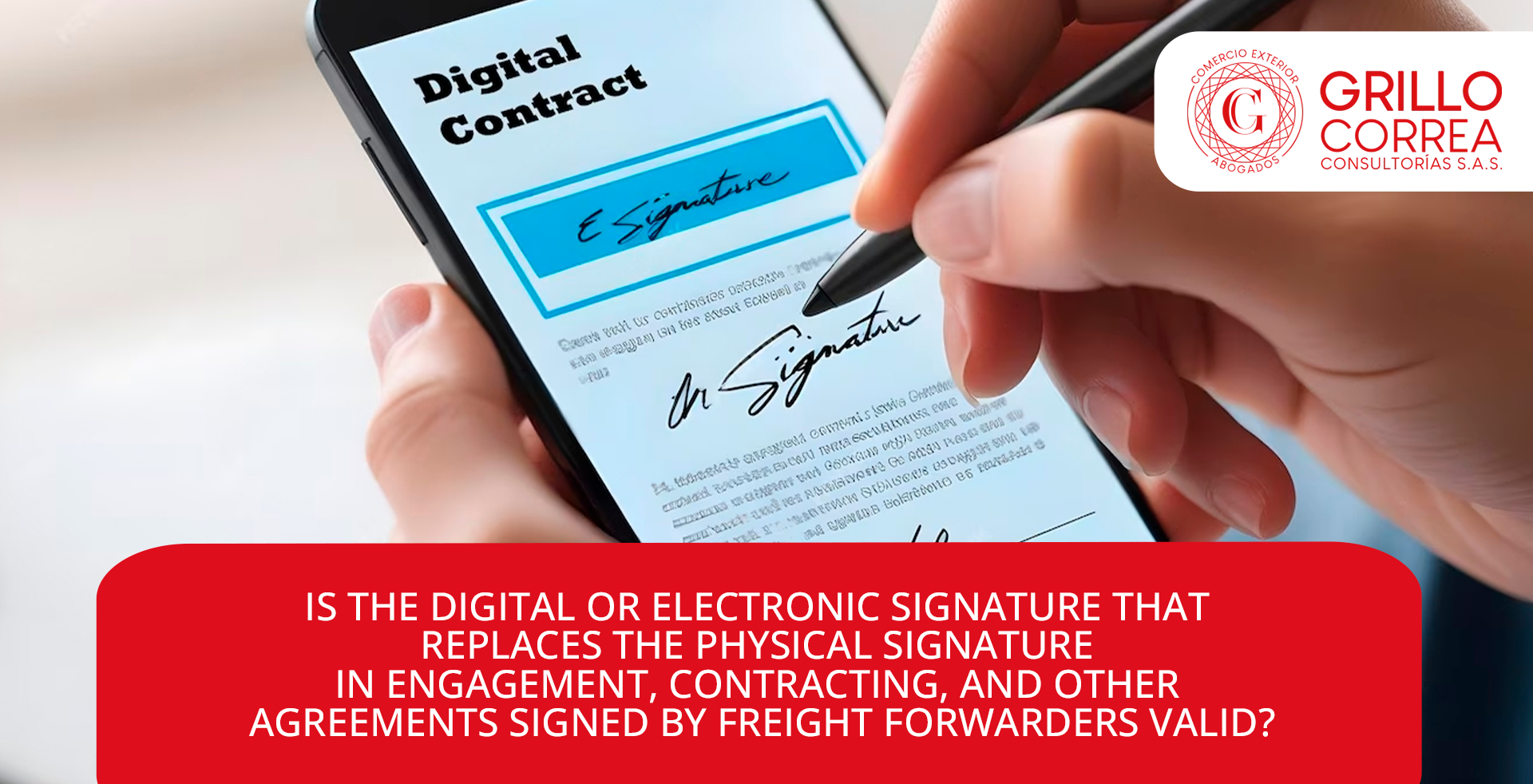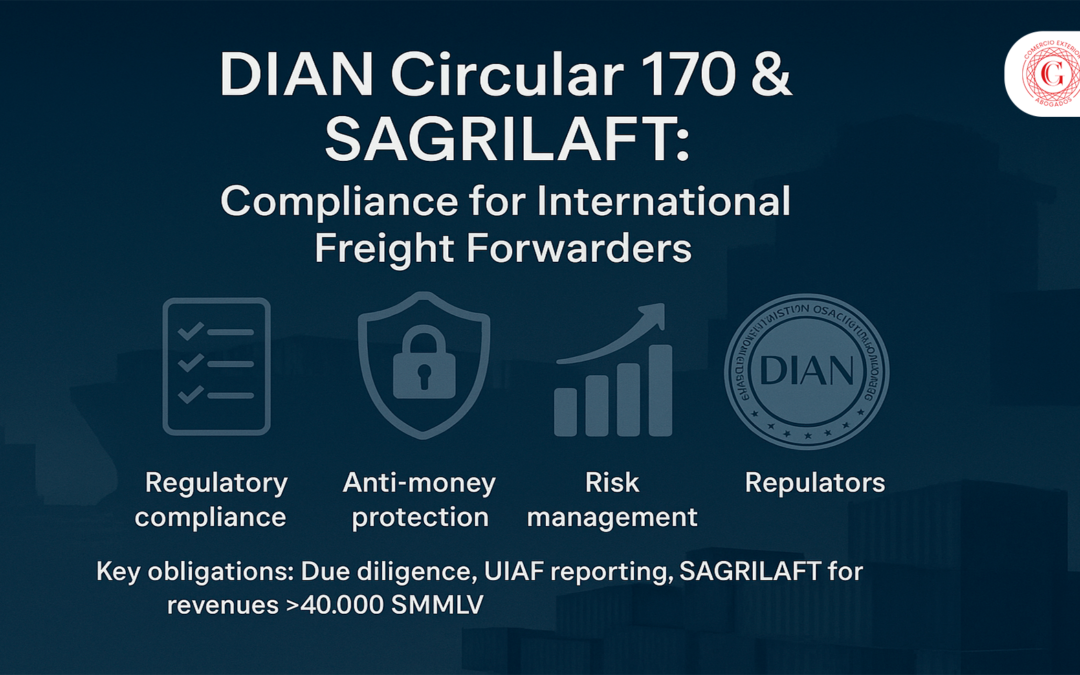The Digital Signature: Ensuring Security and Authenticity in the Digital Age
Law 527 of 1999 defines a digital signature as a numerical value attached to a data message, which, through a known mathematical procedure linked to the initiator’s key and the message text, allows verification that this value has been obtained exclusively with the initiator’s key and that the message has not been modified after its transformation.
For greater clarity, this mathematical procedure is carried out by “certification entities,” legal entities authorized by the Superintendency of Industry and Commerce. These entities issue certifications related to digital signatures and provide services such as registration, time stamping, and receipt of data messages. In other words, they are the ones who provide the service to data message subscribers so that they can include their digital signatures in these messages.
Requirements for the Validity of a Digital Signature
For a digital signature to be considered valid, it must meet certain legal attributes. Article 28 of Law 527 of 1999 establishes that a digital signature, once attached to a data message, presumes that the subscriber intended to validate the content of the message. Furthermore, the digital signature has the same legal value as a handwritten signature, provided it meets the following requirements:
- It is unique to the person using it.
- It is verifiable.
- It is under the exclusive control of the person using it.
- It is linked to the message in such a way that if the content is modified, the digital signature becomes invalid.
- It complies with the regulations established by the National Government.
Decree 2364 of 2012 introduces the concept of “electronic signature,” defined as any method, such as codes, passwords, biometric data, or cryptographic keys, that allows the identification of a person in relation to a data message, as long as it is reliable and appropriate for the purposes intended.
You can also read –> IMPACT OF THE TRUCKERS’ STRIKE IN COLOMBIA 2024 AND HOW IT AFFECTS TRANSPORTATION
Characteristics:
- It does not require a digital certificate issued by a certification entity.
- It is a less rigorous mechanism than a digital signature in terms of security controls and guarantees.
- The validity of the electronic signature depends on its reliability and appropriateness according to the context and purpose for which it is used.
- It does not have the same legal guarantees as a digital signature, but it can be considered valid if it meets certain reliability standards.
Both digital and electronic signatures aim to guarantee the validity of the linkage between the signer and the data message or document, such as a contract or any other legal document that implies obligations.
Main Differences:
- Certification: The digital signature must be certified by an authorized certification entity, while the electronic signature does not require such certification.
- Security and Control: The digital signature has higher security controls and legal guarantees, as it is associated with a unique and verifiable cryptographic key, and any alteration to the message invalidates it. The electronic signature, on the other hand, can use various identification methods but is less rigorous in terms of document integrity.
- Legal Force: Although both signatures can be legally valid, the digital signature is presumed to have greater legal force, provided it meets legal requirements, while the electronic signature depends on its level of reliability and the context of its use.
In summary, the digital signature offers a higher level of security and formality than the electronic signature, due to certification by specialized entities and the legal guarantees granted to it in Colombia. The challenge with using this signature lies in the fact that, in the event of a legal dispute, it would be necessary to demonstrate its authenticity, reliability, and authorship with the assistance of an expert witness. It must be proven that the person who signed the document is indeed who they claim to be and that the content of the document has not been altered.
If you have any doubts and require specialized assistance, remember that at GRILLO CORREA CONSULTORÍAS S.A.S., we are available to assist you virtually and in real-time to achieve the objectives and recognition that you and your company deserve.
Download the regulation available on the web here
Prepared by: Dr. Nancy Balaguera






